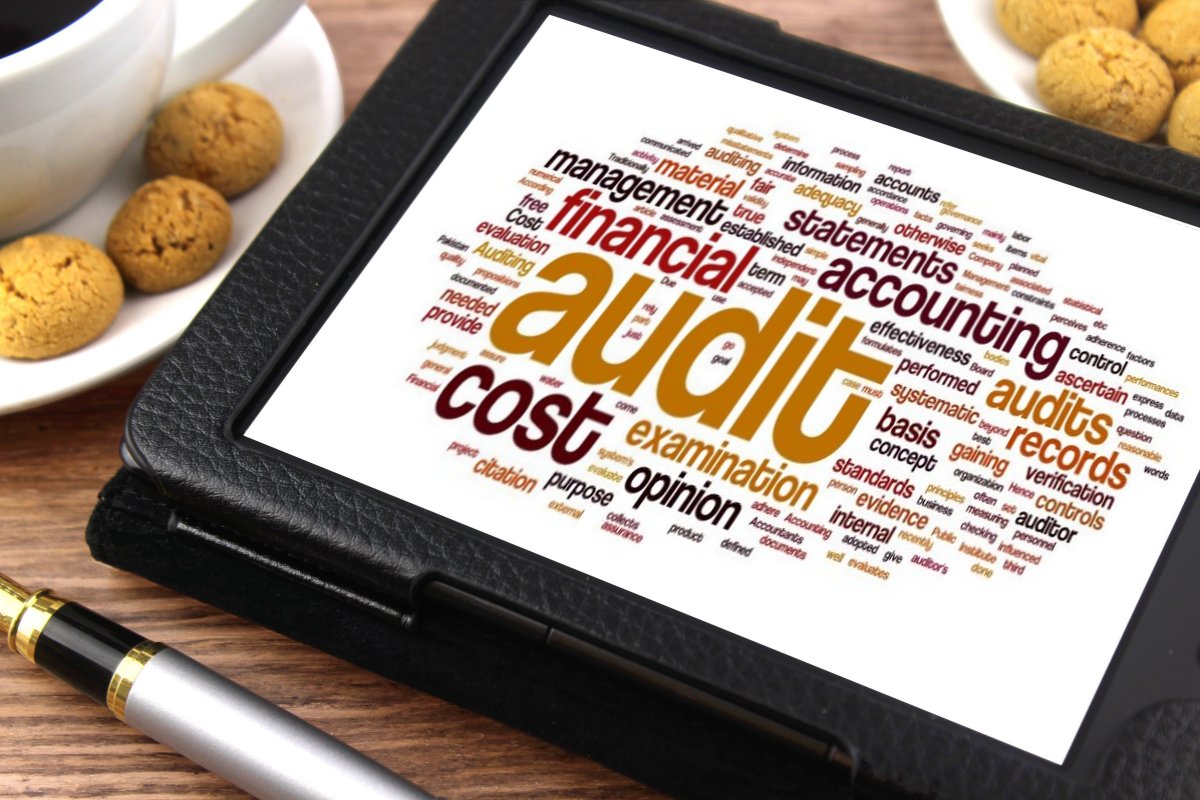Discuss the extent to which external auditors are able to rely on the work of experts, including the work of internal audit
Introduction:
External auditors play a crucial role in providing independent assurance on the fairness and accuracy of financial statements to stakeholders. In fulfilling their responsibilities, external auditors may rely on the work of experts, including internal audit teams, to obtain relevant and reliable audit evidence. This article explores the extent to which external auditors can rely on the work of experts, particularly internal audit, and the considerations involved in such reliance.
The Role of External Auditors:
External auditors are tasked with providing an objective assessment of an organization’s financial statements and internal controls. Their primary objective is to express an opinion on whether the financial statements are presented fairly in all material respects, in accordance with applicable financial reporting frameworks such as Generally Accepted Accounting Principles (GAAP) or International Financial Reporting Standards (IFRS). External auditors also evaluate the effectiveness of internal controls over financial reporting to ensure the reliability of financial information.
Extent of Reliance on Experts’ Work:
External auditors may rely on the work of experts, including internal audit teams, to obtain audit evidence and perform their audit procedures. The extent of reliance on experts’ work depends on various factors, including:
1. Expertise and Competence:
External auditors assess the expertise, competence, and independence of internal audit teams before deciding to rely on their work. Internal audit teams with relevant qualifications, experience, and professional certifications are more likely to be considered reliable sources of audit evidence. Auditors may also evaluate the quality of work performed by internal audit, including adherence to professional standards and ethical principles.
2. Objectivity and Independence:
External auditors consider the objectivity and independence of internal audit teams when determining the extent of reliance on their work. Internal audit functions that operate independently from management and have direct reporting lines to the board or audit committee are generally viewed as more reliable and credible. Auditors may perform procedures to assess the objectivity and independence of internal audit, such as reviewing organizational structures, governance arrangements, and reporting relationships.
3. Scope and Coverage:
External auditors evaluate the scope and coverage of internal audit’s work to determine its relevance and sufficiency for their audit purposes. Internal audit activities that align with the external audit objectives and cover key areas of financial reporting and internal controls are more likely to be relied upon by external auditors. Auditors may communicate with internal audit to understand the nature, timing, and extent of their audit procedures and findings.
4. Quality Assurance and Review Processes:
External auditors consider the quality assurance and review processes implemented by internal audit to ensure the reliability and accuracy of their work. Internal audit functions that have robust quality control mechanisms, including peer reviews, audit methodology, and documentation standards, inspire greater confidence and trust from external auditors. Auditors may request documentation and evidence of internal audit’s quality assurance processes to assess their effectiveness and reliability.
Considerations for Reliance on Internal Audit:
While external auditors may rely on the work of internal audit to obtain audit evidence, they maintain ultimate responsibility for the audit opinion expressed on the financial statements. Considerations for reliance on internal audit’s work include:
1. Evaluation of Internal Audit’s Competence and Independence:
External auditors assess the competence, objectivity, and independence of internal audit teams before deciding to rely on their work. Auditors perform procedures to evaluate internal audit’s qualifications, experience, and adherence to professional standards and ethical principles.
2. Assessment of Internal Audit’s Scope and Coverage:
External auditors evaluate the scope and coverage of internal audit’s work to ensure it aligns with the external audit objectives and covers key areas of financial reporting and internal controls. Auditors communicate with internal audit to understand the nature, timing, and extent of their audit procedures and findings.
3. Review of Internal Audit’s Quality Assurance Processes:
External auditors review internal audit’s quality assurance and review processes to ensure the reliability and accuracy of their work. Auditors may request documentation and evidence of internal audit’s quality control mechanisms, including peer reviews, audit methodology, and documentation standards.
Conclusion:
In conclusion, external auditors may rely on the work of experts, including internal audit teams, to obtain relevant and reliable audit evidence. The extent of reliance on internal audit’s work depends on factors such as expertise, objectivity, scope, and quality assurance processes. While external auditors may rely on internal audit’s work, they maintain ultimate responsibility for the audit opinion expressed on the financial statements and perform procedures to assess the reliability and sufficiency of audit evidence obtained from internal audit.
